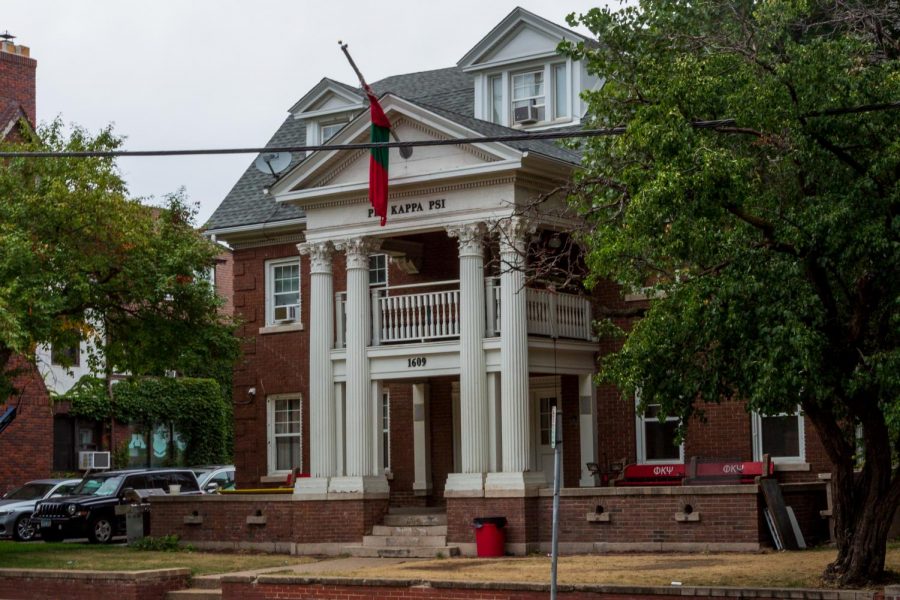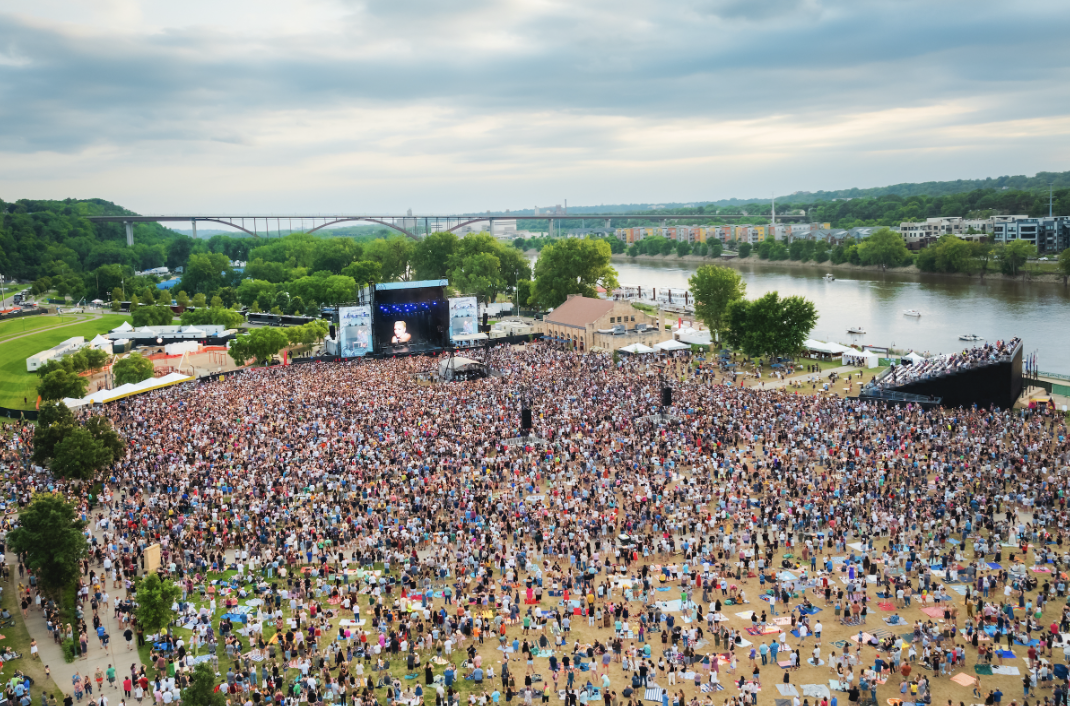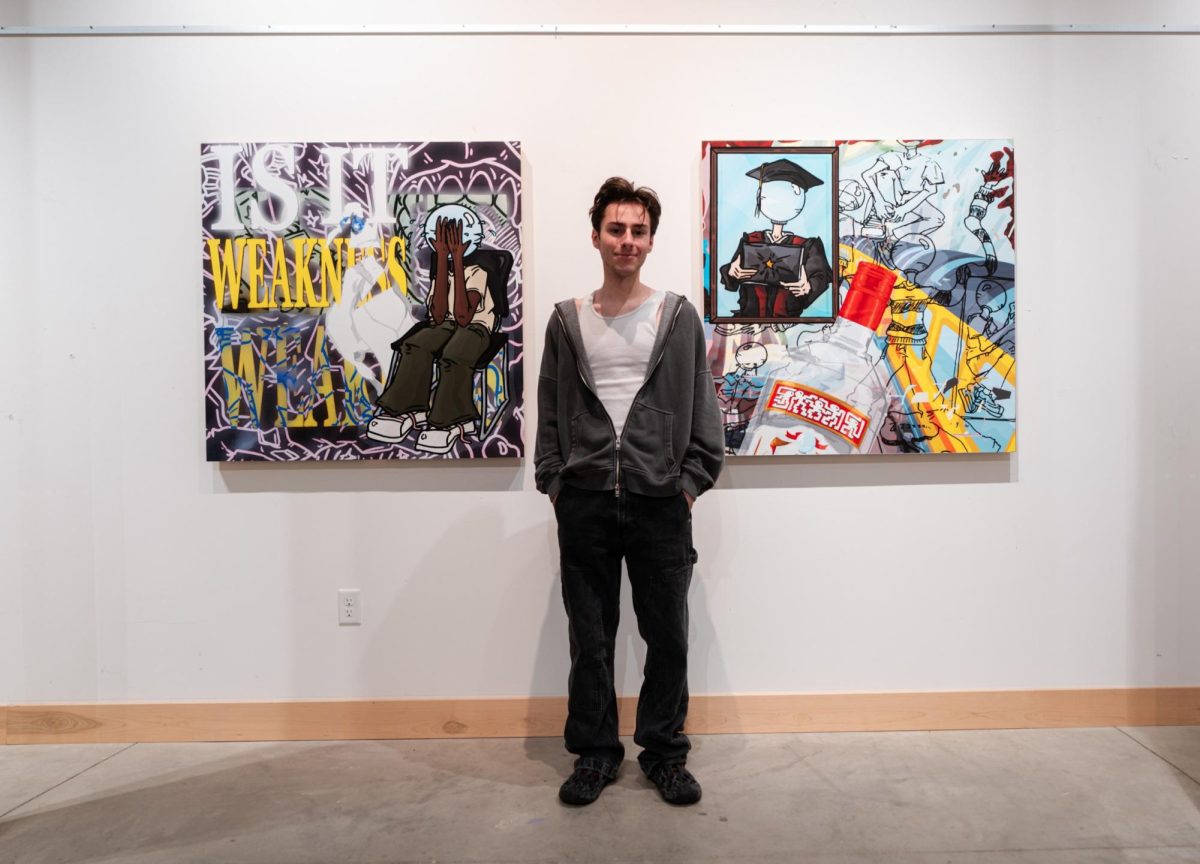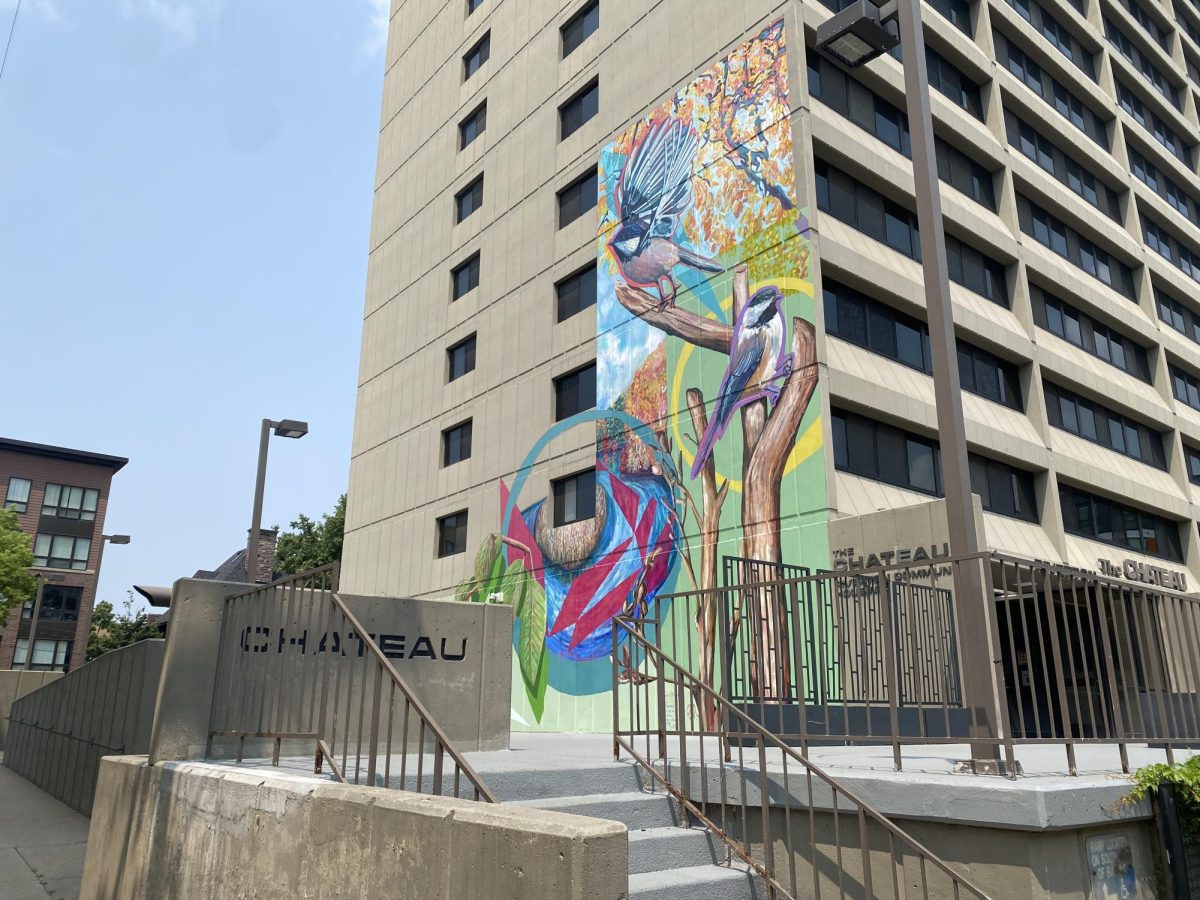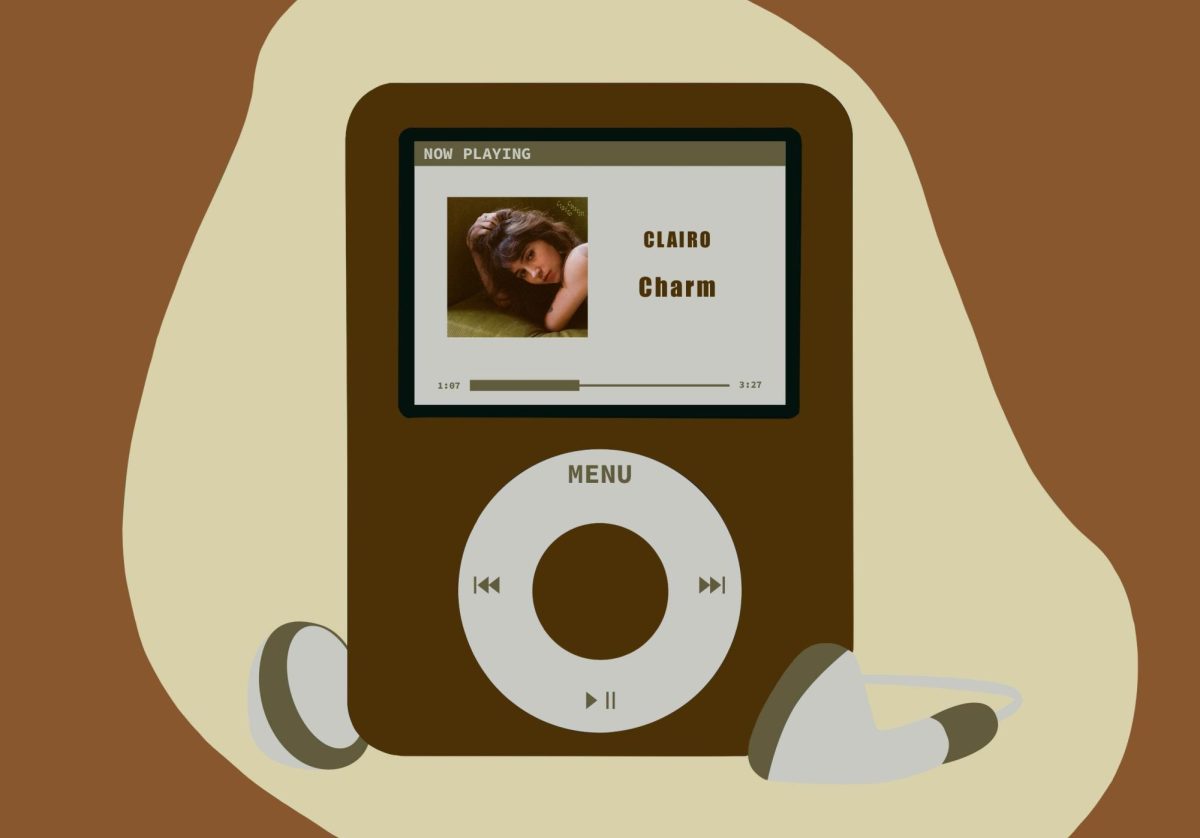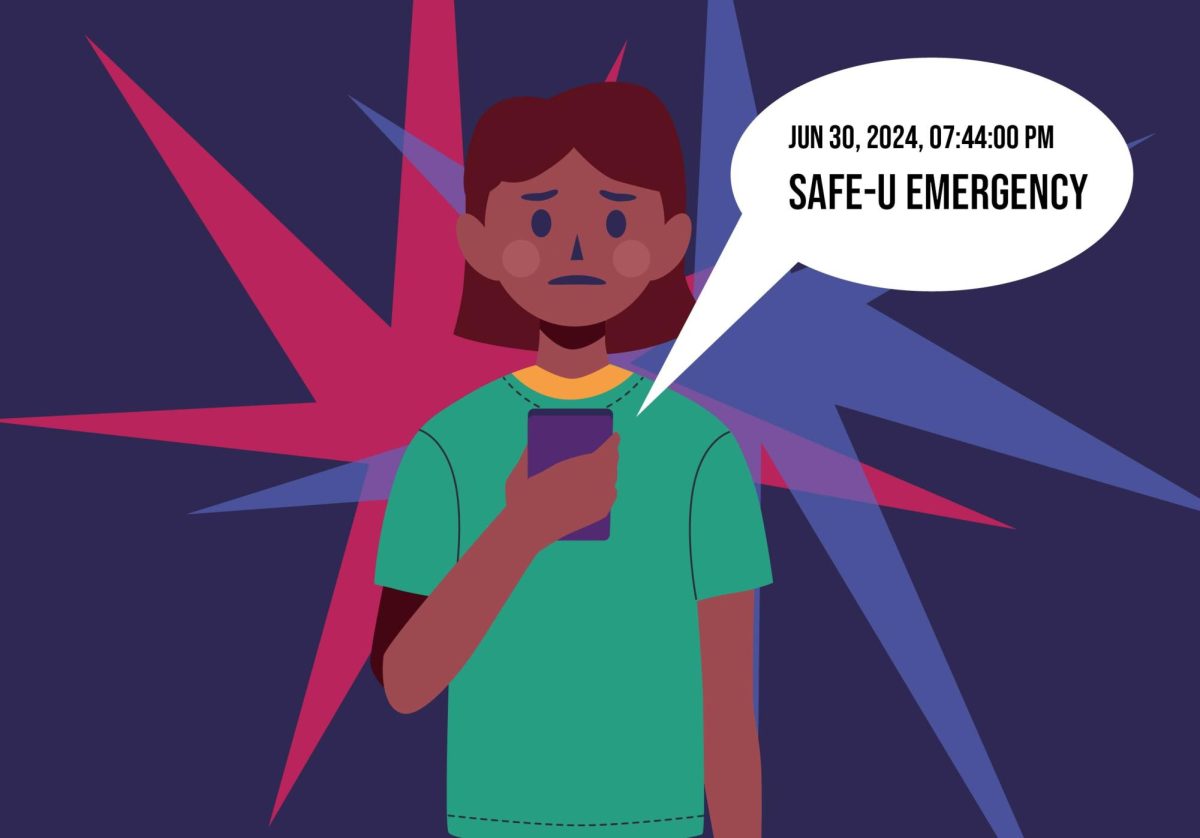The college frat party: to some, a hallmark of the college experience. To others, it’s a pass for a night in. The University of Minnesota has a notable frat party scene, but this year, those parties will look different.
To ensure safety among prospective and current members, many fraternities on campus have changed plans due to COVID-19 restrictions and guidelines, including limiting the number of members in their houses and switching to virtual brotherhood events and Zoom recruitments.
The Interfraternity Council (IFC) governs 28 fraternities at the University of Minnesota, acting as the largest men’s group on campus.
For registered student group events, like parties and large gatherings, held before Sept. 20, the IFC will allow no more than 10 members on site. All members must be socially distanced and masked. If the event exceeds 10 people, it will be held virtually. After Sept. 20, IFC is not allowing registered social events to take place at any IFC facility, meaning that social gatherings and date parties can take place off campus at bars and lodges, as explained in IFC’s social policy.
Christian Durfee, junior vice president of marketing and public relations for IFC and member of Delta Tau Delta, confirmed that IFC is not taking COVID-19 lightly. If passersby see any IFC fraternity disobeying these restrictions, there is a form to report the fraternity. IFC is also accepting reports via email, however, Durfee could not confirm that there are any punishments in place for members who break these rules.
The Multicultural Greek Council (MGC), home to nine chapters on campus, will be conducting all of its events online this semester and not hosting gatherings, according to MGC secretary Arleth Pulido-Nava. Pulido-Nava said that MGC chapters don’t have frat houses, which is a “great first step in preventing a spread” due to minimal contact between MGC members. She stressed the importance of not holding any in-person events at this time and believed that IFC’s choice to hold off-site gatherings and date parties was hypocritical.
“It’s like, ‘Okay you can’t have [parties] here, but you can have it somewhere else and bring it here,’” said Pulido-Nava, maintaining that her opinion is not representative of MGC.
Jack Pham, president of Pi Delta Psi, an Asian-interest fraternity on campus and part of the MGC, referenced the page @bipoc.umn, an Instagram page for Black people, Indigenous people and people of color to anonymously share their experiences on the University of Minnesota campus.
“IFC has gotten lots of flack [on the page] in terms of participation within the Black Lives Matter movement. Those frats might not respect COVID or BLM or a lot of social issues as much as MGC,” he said.
Faith Joseph, current president of the University of Minnesota’s National Pan-Hellenic Council (NPHC), an organization of historically Black fraternities and sororities, declined to comment for the story.
IFC executive vice president, Carter Ridl, who guides chapters on risk management, health and safety initiatives throughout the community, said that the IFC isn’t able to control events or gatherings that are off campus.
“As much as I hate to admit it, people will probably still hold events,” said Ridl. “Rather than having that be in a cramped area, trying to get that somewhere more spacious, where there are set numbers of people and able to enforce that, is better.”
Ridl also mentioned that when frats are reported for their outdoor lawn activities, where passersby see multiple members outside together, most of the time the members are following Minnesota guidelines. But to the outside eye, it may seem unclear.
“It’s interesting to work with chapters because frats may be following Minnesota guidelines, but a person not associated with Greek life may look at a chapter with nine to 10 people out on their porch and say, ‘Okay, I’m not sure if all of those people live in or are members of the organization or not,’” he said. “So it’s trying to work with [chapters] to be safe about things.”
Suo Yang, a mechanical engineering assistant professor at the University of Minnesota, recently co-published a study about how the coronavirus travels indoors. Yang found that in some indoor spaces, proper ventilation may filter out virus particles, but others will be left on surfaces.
In terms of indoor or outdoor gatherings, like parties, Yang said each event presents safety difficulties.
Although ventilation and distancing, like limiting the number of members gathering together, helps dilute aerosol particles, Yang said “There is nothing that will make these events 100% safe.”
Taking the party out of the frat: How Greek life is planning events during the pandemic
UMN fraternities face a semester of distanced brotherhood as COVID-19 alters party plans.
Image by Liam Armstrong
Houses on the University’s “Frat Row” stand silent on Monday, Sep. 7. Though late move-in for students may explain their vacancy, the COVID-19 pandemic will continue to pose a significant challenge for the U’s fraternities, typical venues for large gatherings.
Published September 10, 2020










